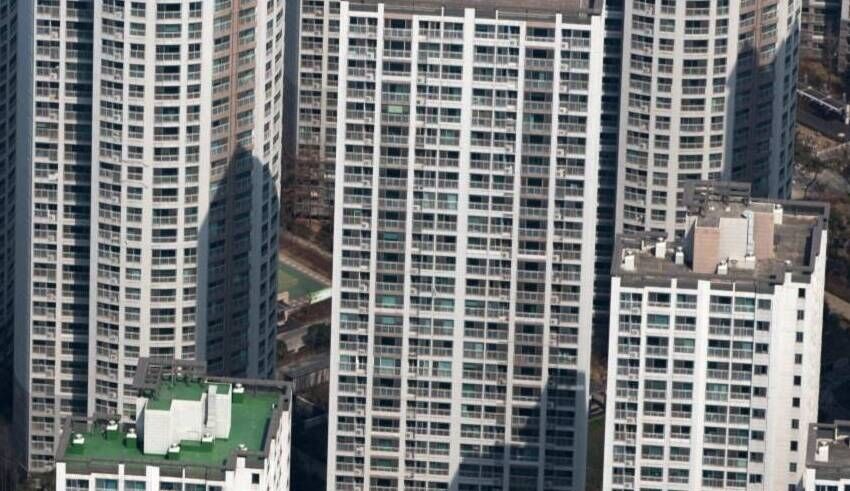
South Korea has launched an exceptional initiative to combat social isolation among its adolescent population. The government has proposed a plan to provide isolated youngsters with a monthly allowance of 550,000 Korean won (about $490) in order to encourage them to leave their homes and contact with society.
The initiative, known as the “Youth Reconnection Allowance,” aims to address the growing concern of social withdrawal and isolation, commonly known as “hikikomori,” which has been on the rise in South Korea and other parts of the world. Hikikomori is a phenomenon in which people, mostly young adults, become socially isolated and isolate themselves in their homes for extended periods of time, usually due to mental health issues, social anxiety, or other underlying problems.
The South Korean government’s policy is a bold and unique approach to this issue, recognizing the need of treating the social, emotional, and psychological well-being of its young inhabitants. The initiative will provide financial assistance to around 34,000 socially isolated youngsters aged 19 to 34 who have been diagnosed with social disengagement.
Keep Reading
The Youth Reconnection Allowance is meant to foster both social and financial reintegration. The payment comes with a catch: recipients must attend mandatory therapy sessions and participate in community activities in order to receive the monthly stipend. This technique strives to foster meaningful connections, the development of social skills, and the promotion of healthy relationships while simultaneously addressing any underlying mental health issues.
The move has received conflicting reactions from a variety of sources. Supporters of the program hail it as a game-changing step in addressing young people’s mental health and social isolation issues. They say that financial aid, in conjunction with counseling and community involvement, will help reclusive youths to take steps toward social reintegration, thereby improving their overall well-being and mental health.
Some have voiced worry, however, about the likelihood of misuse of funds or reliance on the allowance without addressing the underlying causes of social isolation. Some have also questioned the feasibility of mandatory counseling and community participation, citing potential privacy and individual liberty issues.
Despite this, South Korea’s strategy has sparked the curiosity of other countries coping with similar difficulties. The global growth in social isolation, exacerbated by the COVID-19 epidemic, has highlighted the essential significance of addressing young people’s mental health and well-being, who are especially vulnerable to the negative repercussions of social withdrawal.
South Korea’s leadership in addressing this issue serves as a model for other countries looking to implement novel approaches to reduce social isolation and promote social connectivity among their youth populations. The Youth Reconnection Allowance program’s effectiveness will be evaluated by how well it is implemented and how effective it is in supporting reclusive youths in overcoming social withdrawal and developing meaningful interactions with society.
To recap, South Korea’s decision to offer reclusive youngsters a monthly allowance in order to persuade them to leave the house is a groundbreaking and praiseworthy step. It acknowledges young people’s mental health and social well-being and works to address the growing problem of social withdrawal. As the effort matures, it has the potential to enhance the lives of lonely youths while also serving as a model for other countries facing similar challenges.




